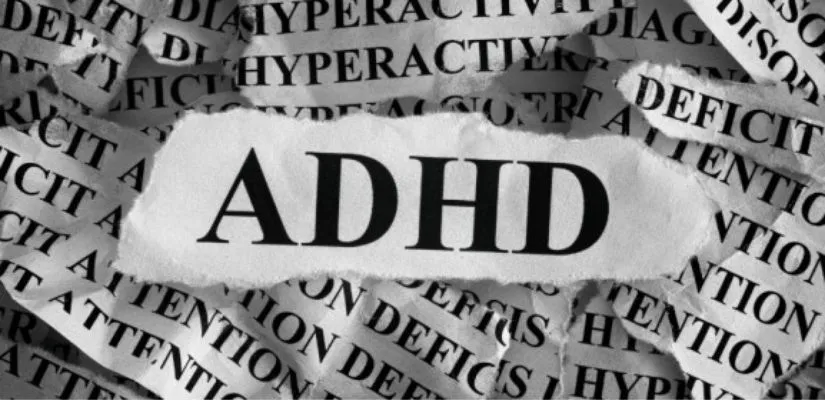MENTAL HEALTH
Mental Health For Seniors
Dementia And Depression

In older persons, dementia and depression are common. Dementia is a disease that presents by changes in memory, reasoning, behavior, and the capacity to carry out daily tasks. It is frequently persistent or chronic. Although it primarily affects the elderly, it is not a regular aspect of aging.
Dementia affects an estimated 50 million people worldwide, with more than 60% of those living in low- and middle-income countries. In 2030, the worldwide dementia population will reach 82 million people, rising to 152 million by 2050.
There are significant societal and economic challenges regarding the direct costs of medical, social, and informal dementia care. Physical, mental, and financial stresses can also place a lot of burden on families and caregivers. Dementia patients and their carers require support from the health, social, economic, and legal institutions.
Depression
Depression can be excruciatingly painful, making it difficult to function daily. Major depression affects 7% of the senior population and accounts for 5.7 percent of all YLDs in people over 60. Depression is underdiagnosed and undertreated in primary care settings.
Neglection of symptoms usually occurs since they co-occur with other elderly persons’ challenges. Older persons with depressive symptoms exhibited reduced functionality compared to people with chronic medical disorders such as lung ailments, hypertension, or diabetes. Depression also increases the perception of bad health and the utilization and cost of healthcare services.










